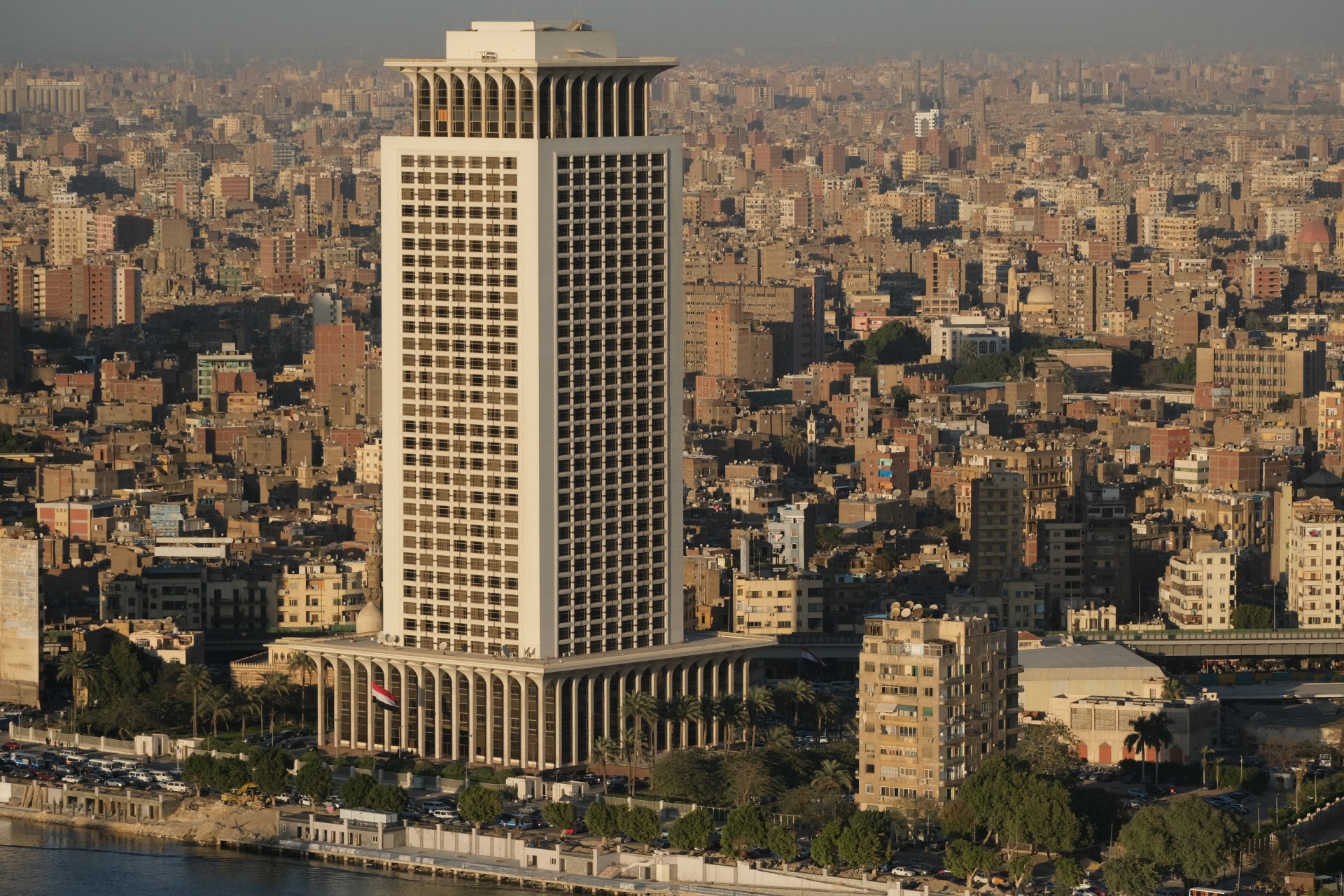Dubai, UAE — Here is a recap of the major developments in the past 24 hours in the political and economic landscape of the Middle East and North Africa (MENA) region.
Saudi Arabia marked World Environment Day 2025. The Kingdom hosted global leaders to spotlight land restoration and desertification. This aligns with Saudi’s Vision 2030 sustainability agenda and elevates its role as a climate leader in the region. However, on the religious tourism front, the country reported the lowest Hajj attendance in three decades—outside the pandemic years—triggered by tighter visa restrictions. The drop is expected to have a ripple effect on hospitality and retail sectors reliant on pilgrimage-driven spending.
Meanwhile, regional energy cooperation deepened as Egypt and Saudi Arabia confirmed that the first phase of their long-awaited cross-border electricity interconnection project will go live this month. The initiative is a milestone for regional power grid integration and economic resilience.
Defense and security were also in focus. The UAE’s EDGE Group landed a $2.45 billion deal with Kuwait to supply offshore patrol vessels, underlining Abu Dhabi’s growing clout as a defense exporter. Simultaneously, U.S. President Donald Trump nominated Vice Admiral Brad Cooper to lead U.S. Central Command, signaling a recalibrated American defense strategy in the Middle East.
On the diplomatic front, China’s renewed engagement in the region was evident as Special Envoy Zhai Jun met Egypt’s Foreign Minister to discuss the Gaza crisis and broader Middle East peace efforts. This comes as the UN warns of severe child malnutrition in Gaza, where over 2,700 children under five are in critical need, adding urgency to global humanitarian calls.
In the financial markets, GCC nations are driving sukuk growth, with record issuances amid falling yields. The Islamic finance sector is proving a resilient and attractive tool for sovereign financing in uncertain markets.
Finally, scrutiny intensified over the Trump family’s expanding business interests in the Gulf, raising fresh concerns about political entanglements as the U.S. election cycle gathers pace.
Together, these developments reflect a region at the intersection of geopolitical flux, climate urgency, and economic recalibration—offering both opportunities and risks for forward-looking decision-makers.









